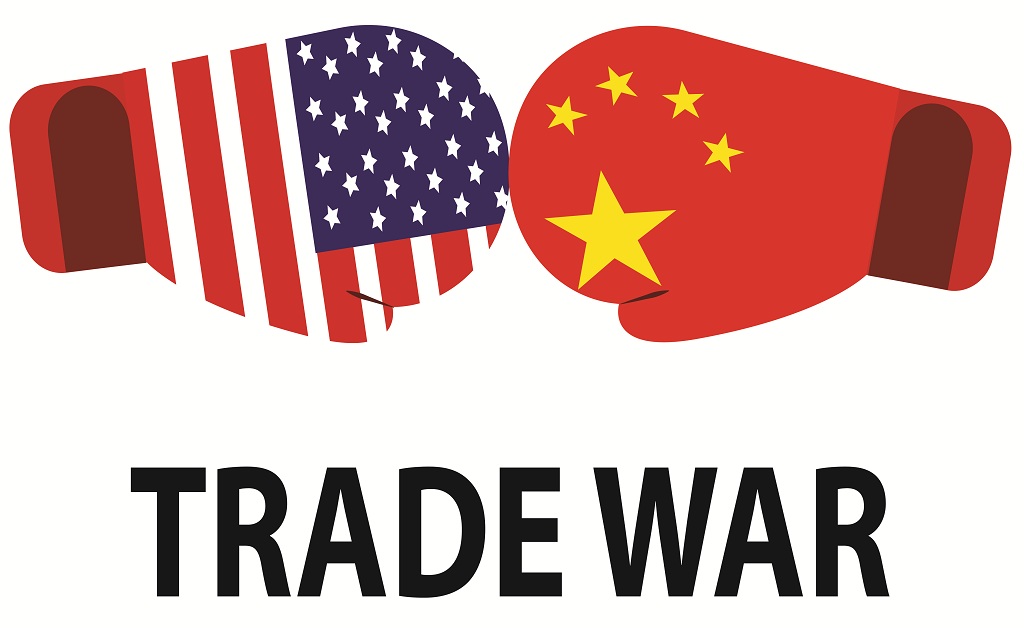Virendra Pandit
New Delhi: Amid China’s Taiwan rant, as tensions with the US mount, some Chinese multinational companies are quietly trying to move their headquarters and factories outside the country and cleaving off their Chinese businesses.
For instance, Shein, a rapidly growing fast fashion app, progressively cut ties to its home country, China, moving its headquarters to Singapore and de-registering its original company in Nanjing. It set up operations in Ireland and Indiana (USA) and hired American lobbyists to highlight its US expansion plans, the media reported.
Of course, along with other brands like the viral social app TikTok and shopping app Temu, Shein has become a target of suspicious American lawmakers in both parties. They accused the company of making its clothes with fabric made with forced labor and calling it a tool of the Chinese Communist Party, claims that Shein denies.
“No one should be fooled by Shein’s efforts to cover its tracks,” Senator Marco Rubio, Republican of Florida, said.
As the Sino-American relations sour, some of China’s most entrepreneurial brands have distanced themselves from their home country. They have set up new factories and headquarters outside China to serve the US and other foreign markets, emphasized their foreign ties, and scrubbed any mention of “China” from their corporate websites.
Short video-hosting service TikTok set up headquarters in Los Angeles and Singapore and invested in new operations in the US to wall off its American user data from its parent company, ByteDance. Temu has established a headquarters in Boston, and its parent company, PDD Holdings, has shifted its headquarters from China to Ireland.
Chinese solar companies have also moved factories outside China to avoid US tariffs on solar products coming from China and limit their exposure to Xinjiang, the Muslim-dominated region that the US now bars imports from because of Beijing’s use of forced labor.
JinkoSolar, a behemoth producing one in 10 solar modules installed globally, has, likewise, established a supply chain outside China to make goods for the US.
Some other companies, including foreign-owned ones, are building walls between their Chinese operations and their global businesses, judging that this is the best way to avoid running afoul of new restrictions or risks to their reputation.
For example, venture capital firm Sequoia Capital said recently that it would split its global business into three independent partnerships, spinning off unique entities for China and India.
In a statement, Shein clarified that it was “a multinational company with diversified operations around the world and customers in 150 markets, and makes all business decisions with that in mind.” It had zero tolerance for forced labor, did not source cotton from Xinjiang and fully complied with all US tax and trade laws.
TikTok said the Chinese Communist Party had neither direct nor indirect control of ByteDance or TikTok and that ByteDance was a private, global company with offices around the world.
“Roughly 60 percent of ByteDance is owned by global institutional investors such as BlackRock and General Atlantic, and its CEO resides in Singapore,” a spokesperson said.
According to reports, a variety of motivations are driving companies out of China. These include better access to foreign customers and an escape from the risk of a crackdown by the Chinese authorities.
Some companies have more practical concerns, like reducing their costs for labor and shipping, lowering their tax bills, or shedding the shoddy reputation that American buyers continue to associate with goods made in China.
But a wave of tougher restrictions in the United States on doing business with China appears to be having an effect, too. Since 2016, new regulations, customs enforcement actions, and trade policies that hurt Chinese exports to the US were followed by “adaptive behavior,” like setting up new subsidiaries outside China.
As bilateral tensions mounted in recent years, investment flows between the US and China slowed. US tariffs on Chinese goods President Donald J. Trump imposed and Biden retained prompted companies to move manufacturing from China to countries like Vietnam, Cambodia, and Mexico. The pandemic, which halted factories in China and raised costs for moving goods across the ocean, accelerated the trend.
International companies are now increasingly adopting a “China Plus One” model of securing an additional source of goods in another country in case of supply interruptions in China. Chinese companies, too, are following this practice.
In the 12 months that ended in April, the share of imports to the United States from China plummeted to its lowest level since 2006.
Besides clamping tariffs and banning products from Xinjiang, the US has imposed new restrictions on trade in technology and tougher security reviews for Chinese investments.
Beijing, too, is clamping down on the transfer of data and currency outside the country and has squashed some Chinese companies’ efforts to list their stocks on American exchanges. It has detained and harassed top technology executives, and foreign consulting firms, and its draconian lockdowns during the pandemic made clear to businesses that they operate in China at the mercy of the government.

